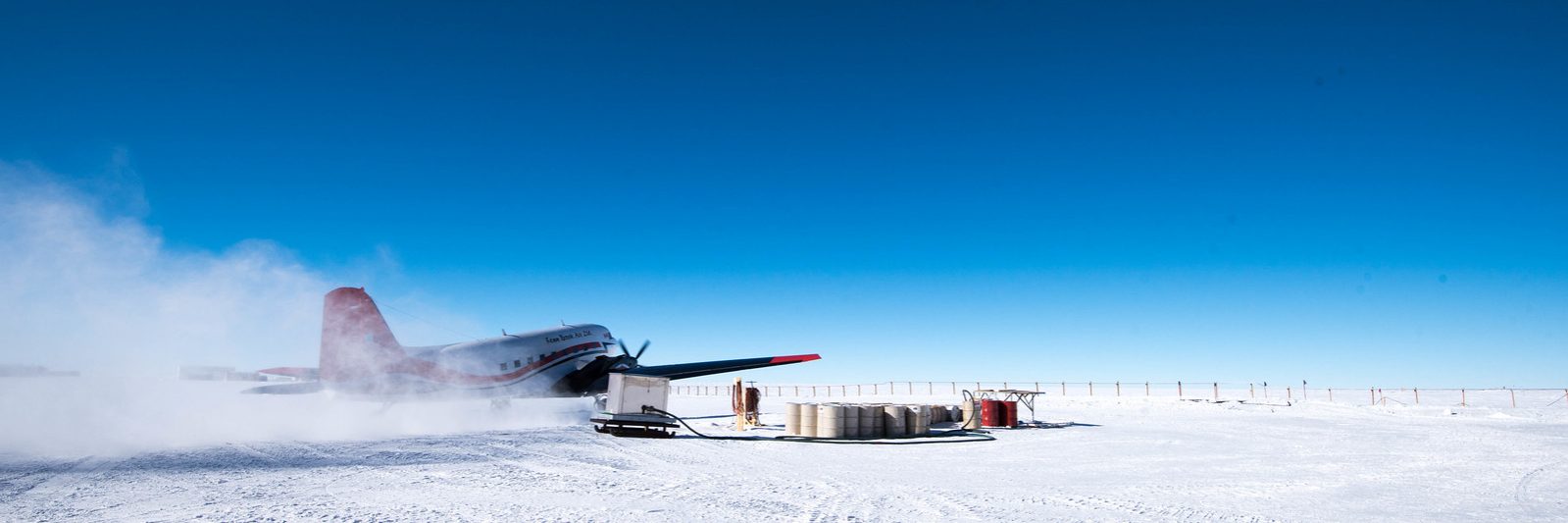As many as 56 Antarctic research projects could be cancelled, delayed or restricted, said an email sent from the Australian Antarctic Division (AAD) to its staff. Image credit: ESA/IPEV/PNRA-B. Healey via Flickr
As many as 56 Antarctic research projects could be cancelled, delayed or restricted, said an email sent from the Australian Antarctic Division (AAD) to its staff.
The email stated that the division was facing budget constraints and would need to locate $25 million in savings in order to deliver the planned projects, which include studies into the diminishing sea ice, declining penguin populations, and the “cleaner Antarctica program”, an initiative designed to remedy damage caused by human activity such as oil spills.
Further information from anonymous insiders confirmed that two of Australia’s Antarctic research stations would not be fully staffed during the upcoming summer season, when scientific research at the south pole is usually at its peak.
The announcement comes at a crucial time for scientists, many of whom say this research is more important than ever.
Just last week, it was reported that Antarctic sea ice levels are at a record low, with ice that is normally recovered over the winter being absent – an event that would naturally occur only once every 7.5 million years.
Jan Zika, a climate scientist at the University of New South Wales working collaboratively via the Australian Centre for Excellence in Antarctic Science expressed concerns about the potential impacts of budget constraints.
“When someone says there’s a cut to the AAD, it basically means less science, less understanding of what’s going on,” said Zika.
“It couldn’t be any more catastrophic to hear at the moment, considering we’re seeing these incredible changes, particularly the sea ice right now. We’re seeing so little sea ice relative to what we normally see this time of year.”
“If there’s a gap in data collection, it’s catastrophic for our understanding. If we have data up to a certain date, and then we have a gap for three years, five years, and then we start the data set again, it doesn’t make it useless. But it makes it really hard for us to get that understanding that we need.”
Both the Greens and the Liberal party raised concerns about the email and expressed the importance of Australia’s position as a leader in Antarctic research.
“To take money away at a time when we need it more than ever — and especially when there is such geopolitical interest in Antarctica, of the territory, from other nations who don’t share our interests in protecting the environment and managing it the way we do — we need to be upping our investment,” said Tasmanian Liberal senator, Jonathon Duniam.
Tasmanian Greens senator Peter Whish-Wilson echoed the sentiments of climate scientists.
“I couldn’t think of a worse possible time that the AAD and its important work is facing this budget threat. We’re potentially looking at a climate tipping point,” he said.
“A lot of our science work down there is collaborative. It’s with science agencies all around the world. Just about every nation are working with our scientists, because they all need this critical information.”
Catherine King, federal Minister for Infrastructure, Transport, Regional Development and Local Government, expressed confusion regarding the AAD’s budget concerns, stating that it would continue to deliver the $804 million budget that had been invested into AAD.
“The Commonwealth continues to administer the $804 million budget that is there for the Antarctic Division. There are no cuts, we’re a bit perplexed as to where this story has come from.”





